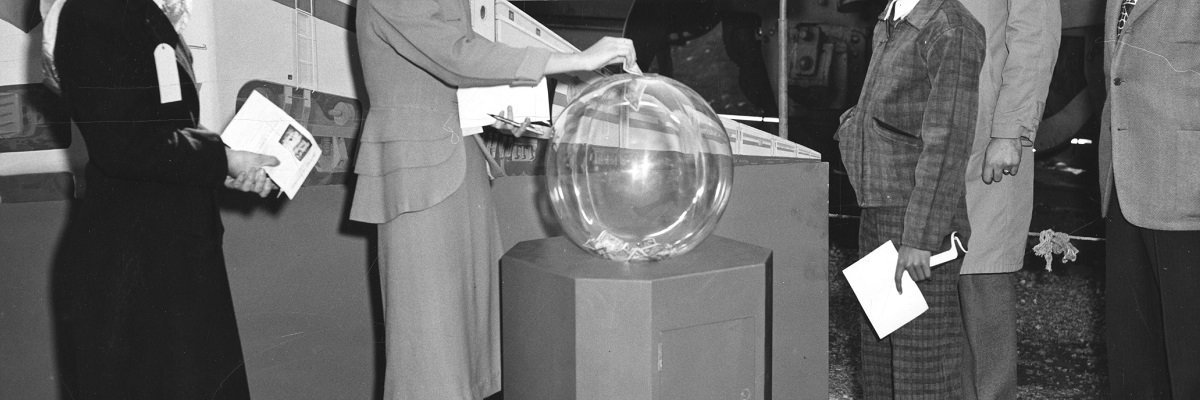The Freedom of Information Act was written in 1966, when Walter Cronkite ruled the airwaves and The New York Times reigned unchallenged. More than 50 years later, too many FOIA officers and rules haven’t kept pace with media evolution. Such narrow definitions of “news media” can leave online journalists with steep bills for documents, or, in states like Virginia, written out of the club entirely.
To ensure that FOIA serves the public interest instead of simply underwriting industrial espionage, the federal statute classifies requesters into three categories: (i) commercial requesters; (ii) educational, scientific or news media requesters; and (iii) everyone else. Predictably, commercial requesters bear the greatest fee burden, while educational, scientific and news media representatives are charged the least. Fees are to be reduced or waived entirely in cases where the disclosure is “in the public interest because it is likely to contribute significantly to public understanding of the operations or activities of the government.”
When it comes to determining whether MuckRock and its users are in the press club, too often FOIA officers rely on a narrow definition native to 1966 but outdated in 2013.
Get organized
The Naval Sea Systems Command (NAVSEA) FOIA office has dragged its feet on our Drone Census request in a number of ways. Most recently, they’ve quibbled over our media credentials. Nearly 10 months after we first submitted our request, an officer from the Naval Surface Warfare Center sent the following response to my request for media status:
Mr. Musgrave - based on the information you furnished below, placing this request into the “news media” category is not appropriate, as per instruction the news media refers to any person actively gathering news for an entity that is “organized” and “operated to publish or broadcast news to the public”. This same instruction states that in order to be considered a “publisher” – news must be disseminated and a product is available for purchase or subscription by the general public.
By NSWC FOIA guidelines, bona fide news apparently reaches the public through exactly two channels: purchase and subscription. By this standard, reporters from online-only, no-paywall publications such as The Huffington Post or ProPublica need even ask for media requesters. Someone should alert the Pulitzer committee, which has awarded journalism’s top honor to both sites, in turn.
While online freelancers stand little chance under these requirements, print freelancers have marginally better prospects… if they already have a contract in hand. As the NSWC FOIA office explains:
In the case of “freelance” journalists, you must demonstrate a solid basis for expecting publication through an organization even though not actually employed by it. If you have a “publication contract” this would be the clearest proof to place you in this fee category.
When it comes to this particular request, any squabble is more or less moot. Because it’s taken so long to even begin processing my request, NAVSEA cannot charge me a cent for search time, the most significant component of document fees, under the federal FOIA statute. But their response reflects a wider issue of FOIA and its custodians’ failing to keep pace with the media landscape.
Selective reading
In 2007, Congress passed an amendment to FOIA that sought to clarify the issue. Under this amendment, which the NAVSEA FOIA officer quoted selectively, “media” encompasses not just broadcast or print journalism, but online reporters, as well. Under the revised FOIA, a “representative of the news media” encompasses
any person or entity that gathers information of potential interest to a segment of the public, uses its editorial skills to turn the raw materials into a distinct work, and distributes that work to an audience.
Notably, this definition includes outlets that “make their products available for purchase by or subscription by or free distribution to the general public (emphasis mine).” Interestingly, that last delivery method didn’t make NAVSEA’s cut. The statute also explicitly provides that its examples of print, broadcast and radio media outlets “are not all-inclusive,” and leaves room for the evolution of news:
Moreover, as methods of news delivery evolve (for example, the adoption of the electronic dissemination of newspapers through telecommunications services), such alternative media shall be considered to be news-media entities.
NAVSEA also cut out a significant chunk of the revised FOIA’s freelancer provision:
A freelance journalist shall be regarded as working for a news-media entity if the journalist can demonstrate a solid basis for expecting publication through that entity, whether or not the journalist is actually employed by the entity. A publication contract would present a solid basis for such an expectation; the Government may also consider the past publication record of the requester in making such a determination. (emphasis mine)
MuckRock’s articles and analysis clearly put it in the news media requester category, as does my track record of publication. I’ve asserted this to the NAVSEA FOIA office, but a less experienced reporter might be cowed by such selective application of the statute. FOIA’s architects have engineered a capacity to adapt, which public records officers are duty-bound to respect.
Websites don’t count
In a federal case like our request to NAVSEA, defining a media requester matters primarily in terms of applicable fees. But in states with citizenship requirements built into their public records laws, qualifying as a media outlet can be the difference between obtaining documents and not.
Unlike the federal FOIA, which allows anyone to request documents from the government, some states limit requests to citizens. The Virginia Freedom of Information Act, for instance, provides that “all public records shall be open to inspection and copying by any citizens of the Commonwealth.”
In deference to the press, the Virginia FOIA also covers media outlets, outlining that
records shall not be denied to citizens of the Commonwealth, representatives of newspapers and magazines with circulation in the Commonwealth, and representatives of radio and television stations broadcasting in or into the Commonwealth.
Unfortunately, state FOIAs have not been as inclusive of alternative and new media as the federal statute. When a MuckRock user asked the Virginia Beach police for concealed handgun permits, the department interpreted the Virginia law as narrowly as possible:
The Virginia Freedom of Information Act does not recognize websites, blogs or bulletin boards as media organizations.”
In 2013, bloggers, freelancers and online journalists play a key role in our media ecosystem. As gatekeepers of government documents, FOIA and its custodians must adapt along with technology. Transparency is not static.




